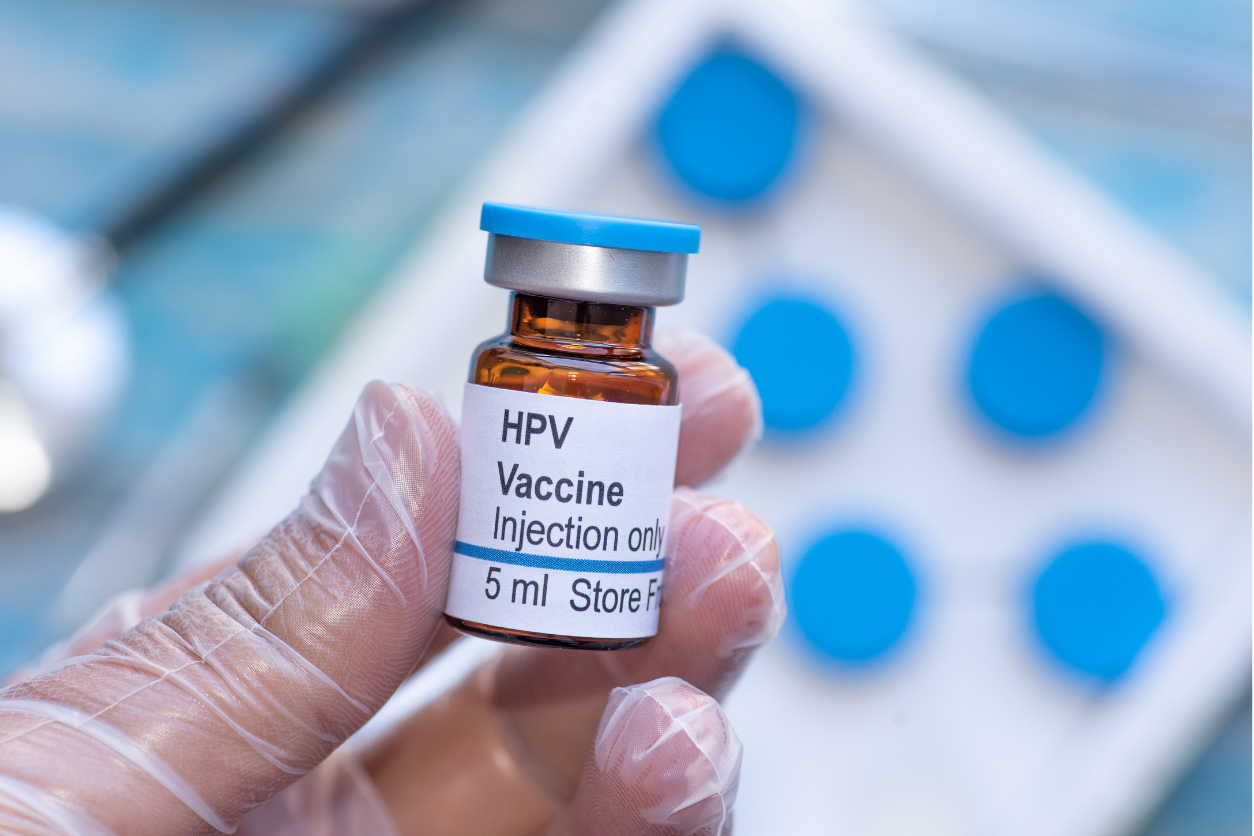Vaccinations (or vaccines) are injections that protect you from getting certain serious diseases. They work by helping your body’s immune system learn how to fight off specific infections, so if you’re exposed to the real thing, you’re less likely to get sick. Vaccines are a safe and effective way to stop the spread of diseases that can make people very ill.
-
Vaccinations help protect not only you but also the people around you. When lots of people get vaccinated, it’s harder for diseases to spread. This is called "herd immunity," and it helps protect people who can’t get vaccinated, like newborns or people with certain health conditions.
In the UK, young people receive several important vaccinations to protect them from illnesses. Some of the key vaccines include:
-
HPV (Human Papillomavirus) vaccine: Given to protect against cancers caused by HPV, including cervical cancer in girls and some types of cancer in boys.
-
MenACWY vaccine: Protects against four types of meningitis (A, C, W, and Y), which can cause serious infections of the brain and spinal cord.
-
MMR vaccine: Protects against measles, mumps, and rubella, which are highly contagious diseases.
-
Td/IPV booster: Protects against tetanus, diphtheria, and polio. This booster is usually given in secondary school.
In the UK, if you’re 16 or older, you have the right to make your own decisions about vaccinations. If you’re under 16, it depends on whether the healthcare professional thinks you understand the risks and benefits of the vaccine – this is called Gillick competence. If you're found to be Gillick competent, you can make decisions about your healthcare, including vaccinations, without needing your parents' permission.
It’s important to talk to a trusted adult, like a GP or school nurse, who can explain your rights and help you understand your options. You can also ask your GP to speak with your parents to help explain the importance of vaccinations and answer any concerns they might have.
Getting a vaccination usually involves a quick injection in your arm. It might sting for a second, but it’s over quickly. Afterward, you might have a sore arm, feel tired, or get a mild fever, but these side effects don’t last long. The benefits of getting vaccinated far outweigh the temporary discomfort.
If you’re unsure about whether you need a vaccine, or if you have concerns about side effects, it’s always a good idea to talk to your GP, school nurse, or pharmacist. They can explain more about the vaccines you need and answer any questions.
-
School nurse: Your school nurse can help you understand when you need vaccinations and answer your questions.
-
GP or pharmacy: You can get vaccinations at your GP surgery or some local pharmacies.
-
NHS Vaccination Schedule: Find out more about which vaccinations you need and when on the NHS website.
-
It's common for people to be concerned about vaccinations because they have a fear of needles. If you have a fear of needles, you can let the person treating you know and they will help you feel more comfortable. You can get more advice on the British Heart Foundation website. Needle phobia – British Heart Foundation.
